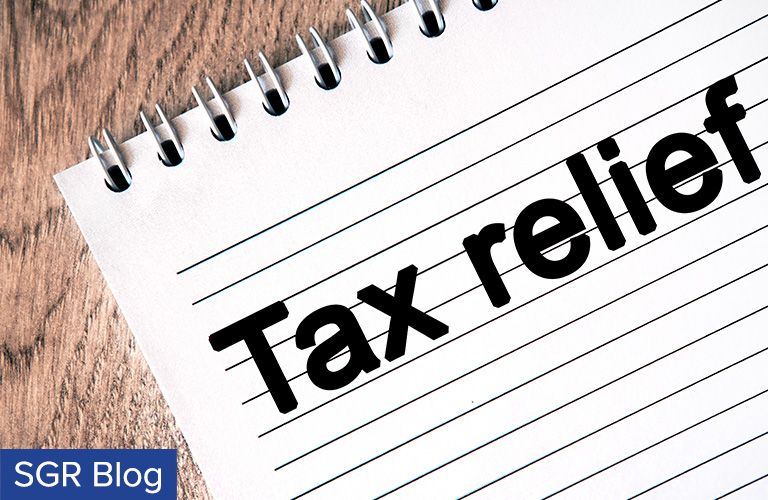
M&A activity set a new record in 2021, reaching $5.8 billion globally.[1] After such a heated year of sales, mergers, and financings, those investors who saw taxable gains must now account for the inevitable tax bills. One alternative is to roll over these otherwise taxable gains in opportunity zone funds. Opportunity zone funds (“OZ funds”) are investment vehicles created under the 2017 Tax Cuts and Jobs Act. OZ funds were created to incentivize the making of investments in distressed economic areas. Provided an OZ fund meets numerous requirements and conditions, investors can obtain two significant tax benefits. First, the cash… Read more










